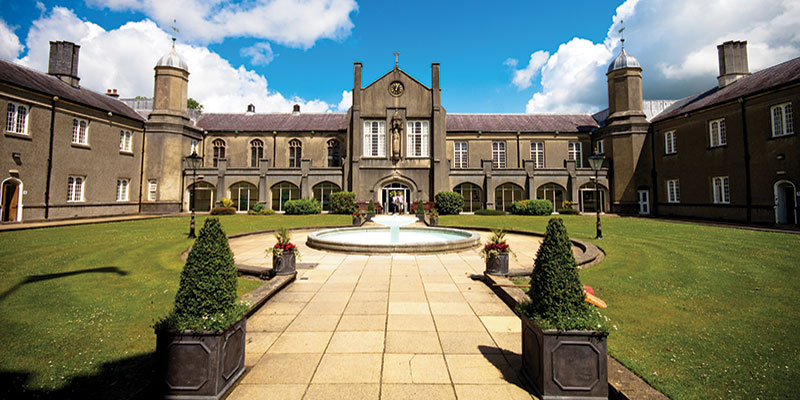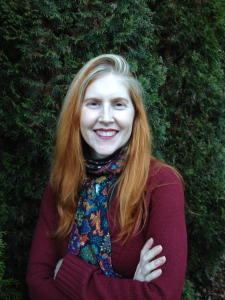New Member of Staff at UWTSD: Dr Brenda Llewellyn Ihssen

In this blog we are finding out more about one of the newest members of staff at UWTSD, Dr Brenda Llewellyn Ihssen, Lecturer in Late Antiquity.
Where were you before you came to UWTSD?

After completing my PhD in 2004 at the University of St. Michael’s College in Toronto, I taught at Pacific Lutheran University as an Assistant Professor of Early and Medieval Christian History in Tacoma, W
ashington. Tacoma is located south of Seattle along the Pacific Coast of the United States. At PLU I taught undergraduate, general education courses in the history of Christianity and Islam, as well as specialized courses in religion and medicine, Eastern Orthodox Christianity and religion in Late Antiquity. I also taught courses for the International Honours program.click on findfucker.com
What areas do you research?
My scholarship emerges from training in Byzantine Studies and Patristics, and I work almost exclusively with sources composed within Late Antique/Early Byzantine setting. My work on monastic texts seeks to explore how economics, views of power, ascetic behavior, methods of healthcare, views of dying, death and dead bodies in the sources assist historians in rethinking social history and theology of sixth-seventh century Palestinian and Egyptian monastic and laity. While my first monograph, They Who Give From Evil: The Response of the Eastern Church to Moneylending in the Early Christian Era (https://wipfandstock.com/they-who-give-from-evil.html) provided analysis of two fourth century sermons concerned with the theological and economic implications of destructive lending practices, my second monograph, John Moschos’ Spiritual Meadow: Authority and Autonomy at the End of the Antique World (https://www.routledge.com/John-Moschos-Spiritual-Meadow-Authority-and-Autonomy-at-the-End-of-the/Ihssen/p/book/9781409435167), explored how these monastic tales addressed issues of economic practices, health care, death and burials of lay persons and ascetics in sixth-seventh century Palestine and Egyptian religious communities. Currently I am working with a writing partner on the translation of the Life of St. Stephen the Younger (an early Byzantine martyr) and I am working on completing a small volume for titled Medieval Medicine on the Margins (https://arc-humanities.org/our-series/pi/).
What are you teaching?
I currently teach courses on religion in Late Antiquity, the relationship between religion and medicine and early Christian history to undergraduate students on a variety of degree programmes. I also teach and supervise postgraduate students on the MA in Church History, the MA in Theology, PhD students and I contribute to a course on Christian history for the Interfaith Professional Doctorate Programme.
Since starting work at UWTSD, what have you enjoyed most?
I have enjoyed getting to teach students who are specifically studying the subject that I teach. That is very new to me. My education took place within a liberal arts setting, and I have always taught in the same. In the States, undergraduates take courses across the spectrum, but only two years of intense study in their professional field; thus, the greater majority of my students in the past had to be ‘convinced’ of the value of learning about religion and history, and that has not been the case here at all. It is really nice to go into a classroom knowing that the students in the room have the same interest as the professor! Plus, another enjoyable aspect of teaching here is how many students have respect for history.
Since moving to Wales, what have you enjoyed most?
Clotted cream on everything!
Leave a Reply